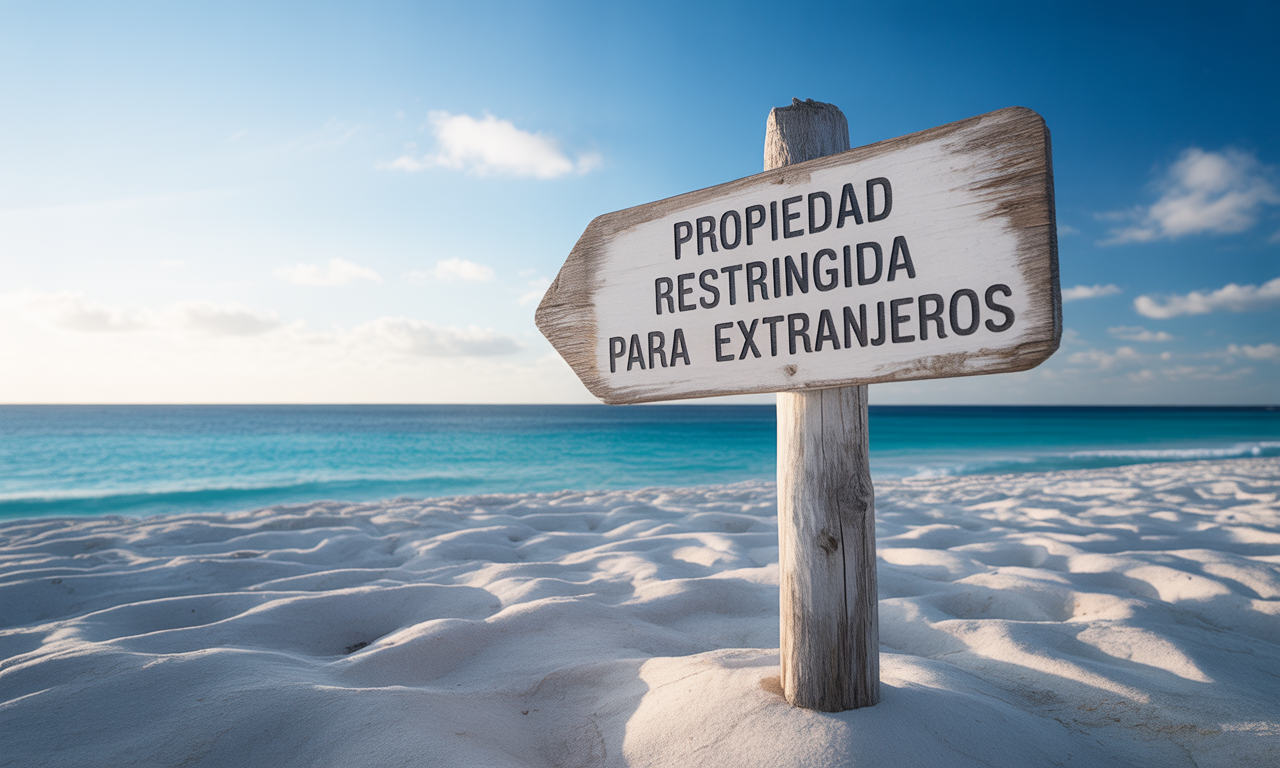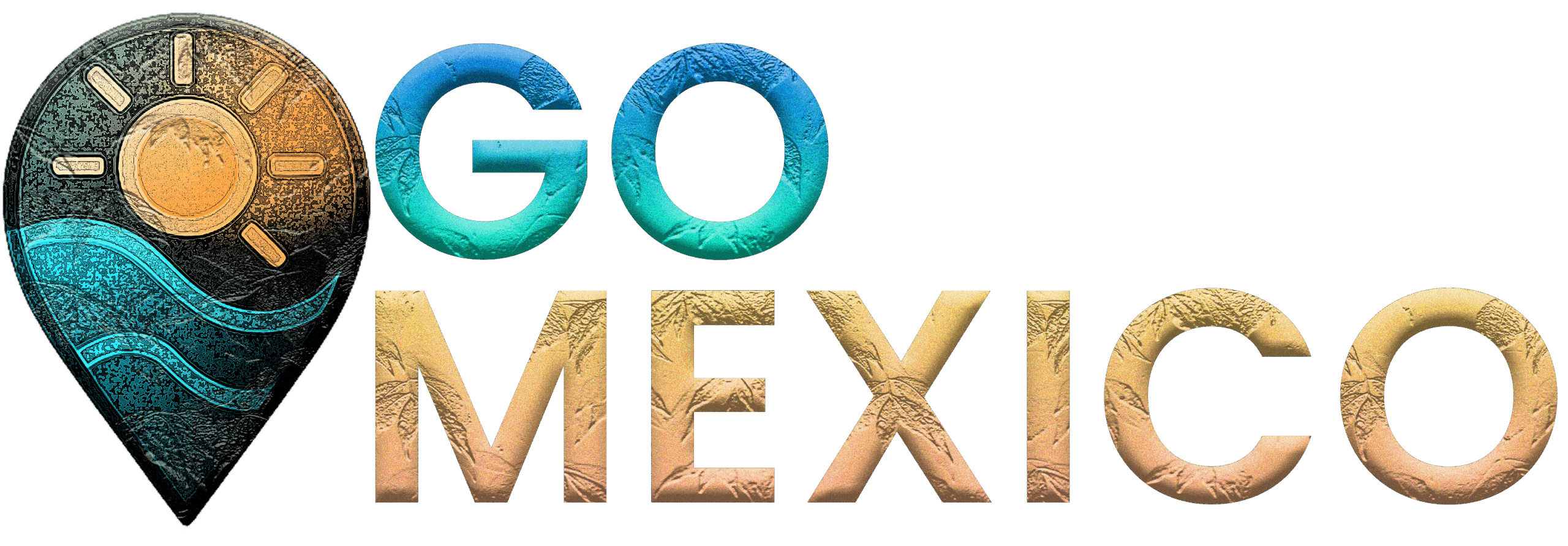For many North American buyers, the process of purchasing property in Mexico can seem daunting, especially when faced with an unfamiliar legal concept: the fideicomiso. While it sounds complex, it is a straightforward legal mechanism that protects your investment. This guide will demystify the fideicomiso and help you understand why it’s a secure way to own property in the Mayan Riviera.
What Exactly is a Fideicomiso?
Think of a fideicomiso as a bank trust. It’s a legal arrangement that allows a Mexican bank to hold the title to a piece of real estate on your behalf. This is not a lease or a rental agreement; it is a full-fledged trust where you, the foreign buyer, are the beneficiary. As the beneficiary, you have all the rights of ownership: you can use the property, rent it out, sell it, or pass it on to your heirs. The bank’s role is simply to hold the legal title.
Invest in Paradise—With the Numbers to Back It Up
Download the Riviera Maya Investor Guide with ROI & occupancy benchmarks, neighborhood cheat-sheets for Cancún, Playa del Carmen, Tulum, Puerto Morelos, Puerto Aventuras, tax/ownership essentials, and a ready-to-use property selection checklist and more!

Why Do You Need It?
Mexico’s Constitution has a provision that restricts foreigners from owning property within 100 kilometers (about 62 miles) of the border or 50 kilometers (about 31 miles) of the coastline. The Riviera Maya, being a coastal region, falls within this “restricted zone.”
The fideicomiso was created as a workaround to this law, allowing foreigners to effectively own property in these desirable areas while adhering to the letter of the law.

The Key Players
- The Buyer (Fideicomisario): You. You are the beneficiary of the trust and have all the rights to the property.
- The Bank (Fiduciario): The trustee. This is a Mexican bank authorized to set up these trusts. They hold the legal title.
- The Seller (Fideicomitente): The person or entity selling the property.
- The Notary Public (Notario Público): A government-appointed lawyer who oversees the entire transaction, ensuring that all documents are legal and the transaction is properly registered. Their role is critical in protecting both the buyer and the seller.
How Does the Process Work?
- Offer and Acceptance: You find a property and the seller accepts your offer.
- Notary Engagement: You and the seller engage a Notary Public. This is a mandatory step in Mexico.
- Fideicomiso Application: The Notary Public will apply to the Mexican Ministry of Foreign Affairs for a permit to establish the trust.
- Trust Agreement: Once approved, the Notary Public drafts the fideicomiso agreement, outlining the terms of the trust. This document is a legal masterpiece, and your lawyer will review it carefully.
- Closing: You transfer the funds, the Notary registers the new title in the Public Registry, and the bank officially becomes the trustee.
The Bottom Line
The fideicomiso is not a barrier; it’s a security measure. It ensures your property rights are protected by a Mexican bank, supervised by a Notary Public and a government ministry. For US and Canadian buyers, it’s a proven and secure way to invest in the vibrant real estate market of the Mayan Riviera. Don’t let the name intimidate you; with a good lawyer and notary, it’s a standard, reliable process.

Our core differentiator is our unwavering, exclusive buyer advocacy.
We work for YOU, the investor, not for any broker or developer.
